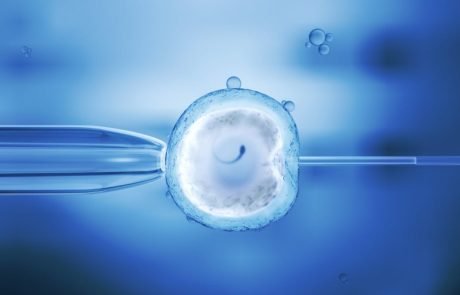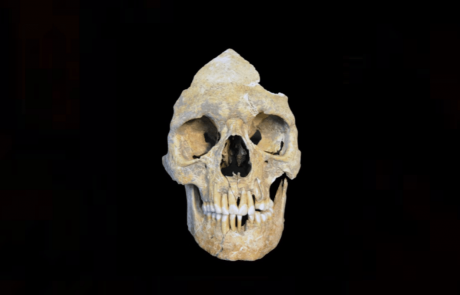A team of researchers from the CNRS and l’Université Grenoble Alpes describes for the first time the structure of the protective coat that surrounds the influenza virus, according to a study
All posts in genome
Evolution is not as unpredictable as previously believed, according to a study published in the Proceedings of the National Academy of Sciences. The authors suggest this would allow scientists to
Researchers from the Leibniz Institute of Freshwater Ecology and Inland Fisheries (IGB) and the Cluster of Excellence “Science of Intelligence” (SCIoI), Germany, have found that fish with identical genetic material
Sequencing the genomes of all animals, plants, fungi, and microbes on Earth is a massive undertaking. Still, researchers believe it will help us understand and manage better biodiversity on our
“Europe must make progress on animal genomic editing.” Interview with J.P. Jégou, President of the French Veterinarian Academy”
European Scientist was able to interview Jean-Pierre Jégou, President of the Académie Vétérinaire de France since the beginning of 2021, after five years as Secretary General, of this prestigious Academy
A new paper published on 21 June in Science charts the genomes of 44 ruminants. Results of the large-scale study provide a valuable resource and plenty of insights into the
On Monday, the German Ethics Council made public a 230-page report discussing their current position on human genome manipulation and in particular, germline editing. According to the press release published
A new paper published last month in Bioinformatics has presented a new statistical tool that can map population data faster and more accurately than previously (1). The new software, called
The massive Human Genome Project launched nearly 30 years ago brought hope that scientists would finally decipher the root cause of human disease. However, reality has not quite met expectations,
Researchers have recovered hepatitis B virus DNA from human remains up to 7,000-years-old, making it the oldest virus ever directly sequenced. Two separate teams of researchers discovered DNA from the









